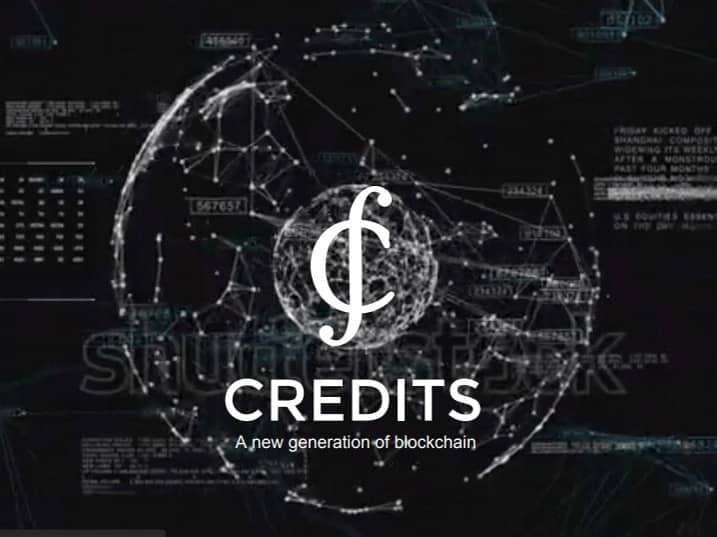Subscribe to wiki
Share wiki
Bookmark
Credits
The Agent Tokenization Platform (ATP):Build autonomous agents with the Agent Development Kit (ADK)
0%
Credits
Credits (CS) (Founded in 2018) is an open-source blockchain platform aimed at addressing security, decentralization, and scalability. The platform is designed to develop Dapps and smart contracts within the blockchain ecosystem[1].
Overview
Credits is a decentralized blockchain which has paved its way into the financial market. It is a cryptocurrency alongside being a blockchain technology.
Credits technology is very interesting to understand. It uses a very basic yet secure encryption algorithm. Credits’ blockchain technology uses a Symmetric and Asymmetric algorithm.
Asymmetric algorithm has keys for encryption and decryption that are the same. Whereas an asymmetric algorithm involves separate, distinct keys for encryption and decryption.
Its unique Proof-of-Capacity algorithm allows CS to have a very fast and scalable transaction system. The primary node for the network, responsible for adding the verified transaction to the blockchain, is chosen via this mechanism. It uses a mathematical function to arrive on a node that has the last up-to-date copy of the blockchain and is running the latest version of the software, via the hash-code of the entire blockchain[2].
Credits blockchain platform offers a processing speed of 0.01 of a second while the commission rate is as low as ≈ $0.001. Declared high speed can be reached by the usage of data compression, parallel processing of transactions, unique consensus algorithm, that combines the advantages of both PoS and PoW and not using mining.
Moreover, the speed is non-linearly dependent on the number of nodes. A greater amount of nodes allows to launch a greater number of rounds, generating pools of transactions, per second that will run simultaneously. The extended functionality of CREDITS smart contracts makes it possible to set cycles and create schedules[3].
Smart Contract
CREDITS smart contract works on two broad datasets:
Property (public variables): A system entity that stores the public data required for the contract to execute on the CREDITS system.
Method: is responsible for observing the logic and sequence of actions when conducting the transaction (actions under the contract). Participants in the Credits system sign the smart contracts using the method call which modifies the contract properties, by launching the processes for verifying compliance with conditions and coordination.
The smart contract is executed in a virtual machine, using contract terms whose execution can be fully automated. Therefore, they must have a clear mathematical description. This execution is complete once certain conditions (or triggers) have been met, and a transfer of value is performed as per the terms of the smart contract, using the Method data[4].
Features of Credits
Dynamic Block Size: A dynamic block size is another unique feature that Credits brings. Other coins support a limited amount of transactions whereas, Credits can store unlimited transactions in a block. Moreover, the block interval is as low as 3 seconds.
-
Decentralized System: The blockchain technology has a federated agreement with the authorities of the respective states. This means that the blockchain technology can work without any interruptions and objections of not having a host.
-
Smart Contracts: By using the concept of smart ontracts, Credits will eliminate the need for middlemen for a wide variety of financial transactions.
-
Faster Transactions: Credits seem to have won the race against other crypto coins such as Bitcoin and Ethereum when it comes to transaction speeds. It completes its transaction within a time period of about 3 seconds, unlike many others[5][1][6].
See something wrong?
The Agent Tokenization Platform (ATP):Build autonomous agents with the Agent Development Kit (ADK)
